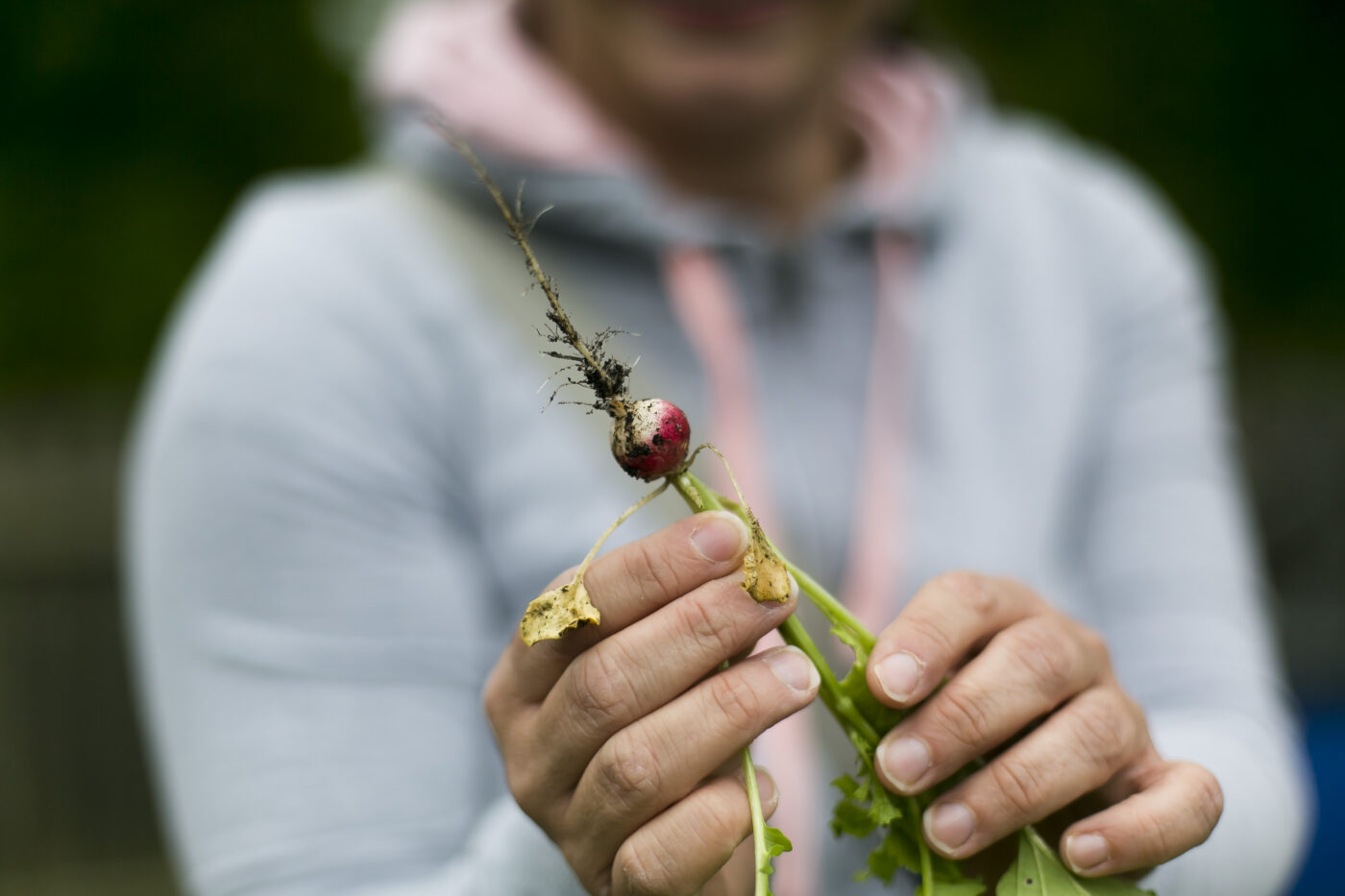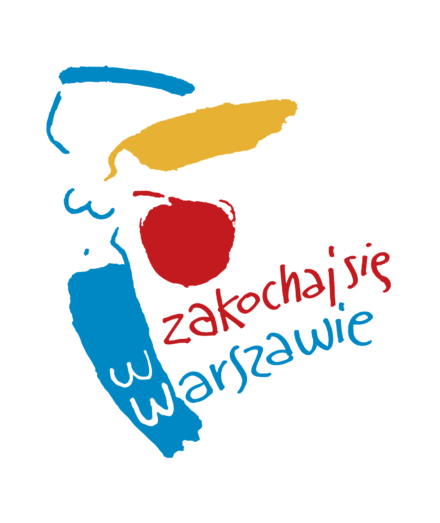Edible City Warsaw
Web documentary

Announcement
Where did the carrot on our table come from? What ends on our plates often has to come a long way, even though local resources allow for growing it on an urban farm, or in a community garden, or for getting it to the market within a short food supply chain. Can city become independent from large corporations and influence how what we eat is produced and distributed? What is the future of our nutrition? Will Warsaw join cities like Vienna, London, or Paris that map out trends in urban agriculture and horticulture? Edible City Warsaw is a futuristic, multi-media tale of how Warsaw could reclaim food sovereignty. The web documentary will premiere online in July.
Compost is the end and the beginning of life, decay and renewal. Fertilizer created by organic waste and remains of plants enable keeping soil fertile. It is the foundation of the life-giving circulation of matter, as well as a metaphor of the circulation and circular economy, oriented on balance and regeneration. Edible City Warsaw will help imagine the future of the capital in which food acquisition is based on essential permaculture resources, like care for the Earth, care for the people and farming geared not towards quantity and profit, but synergy with the planet.
Edible City Warsaw is a multi-media tale composed of several elements: text, photographs and audio footage, expanded with references to source materials that enable learning in detail about food sovereignty. The project website will be available in Polish and English, and adopted to the needs of persons with disabilities.
Our web documentary will feature conversations with people who develop niche, alternative models of producing and distributing food, which could become key for the new food policy of the city, and help redesign contemporary agglomerations. They show that thanks to the shortening of supply chains and cooperating with local farmers, healthy and ecological food does not have to travel hundreds of kilometers to arrive on our plates.
The web doc will contain examples of five models of activities within a single edible city. Community Supported Agriculture is an initiative based on shared responsibility and building consumer and farmer relations. Food cooperatives connect its members who can buy food from local producers. Community gardens and family garden allotments are urban undertakings than enable rebuilding contact with nature and independent cultivation of vegetables and fruit. A small ecological restaurant relies on local, seasonal product acquired from local farmers.
